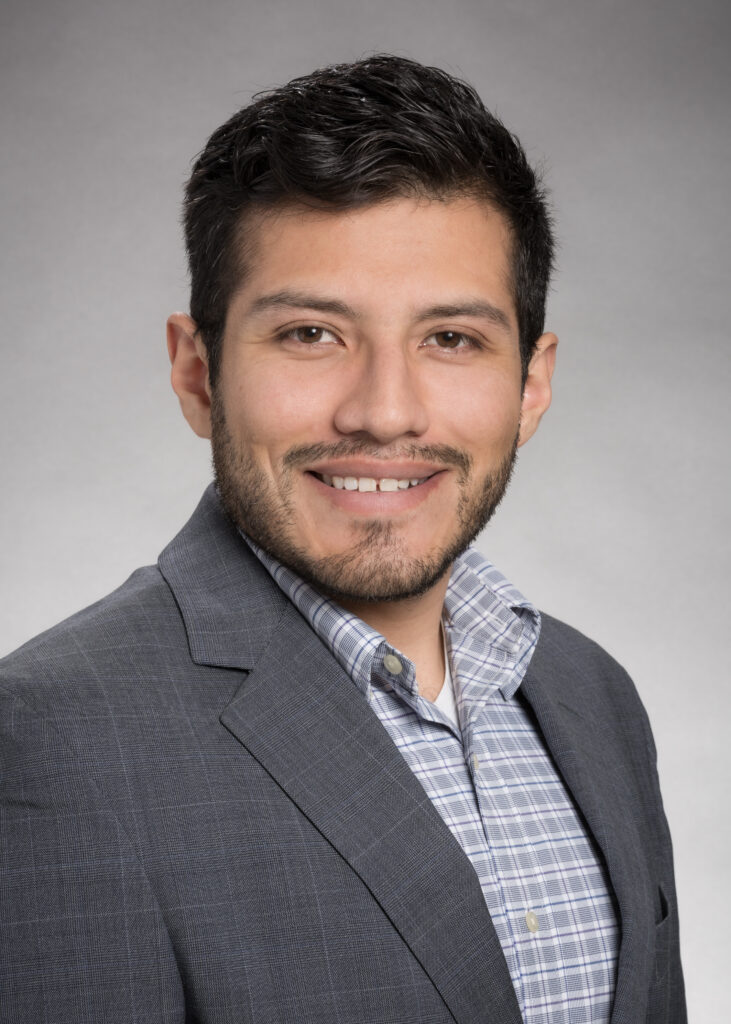
Felipe, originally from Bolivia, pursued his undergraduate studies in economics in Argentina before moving to the US, where he earned a master’s degree from Duke University. He is now a third-year Ph.D. student at the University of Washington’s CHOICE Institute, specializing in Health Economics and Outcomes Research.
His research investigates how factors like perceived risks and social pressures influence decisions and health outcomes. He has contributed to understanding benefit-risk trade-offs in clinical settings, the determinants of medical adherence among HIV-AIDS patients, and examined how patient-doctor demographic concordance affects adherence to treatment and medical testing. Specifically, he’s interested in how these factors contribute to improved health outcomes among Latinx populations.
Felipe’s current Ph.D. work aims to integrate economic behavior into epidemiological models, studying how risk perception and health-wealth trade-offs shape individual preventive actions and affect public health policy effectiveness.
A fun fact about him is that he has the ability to “switch the chip” and speak in Argentine or Bolivian Spanish depending on the people he is surrounded by.